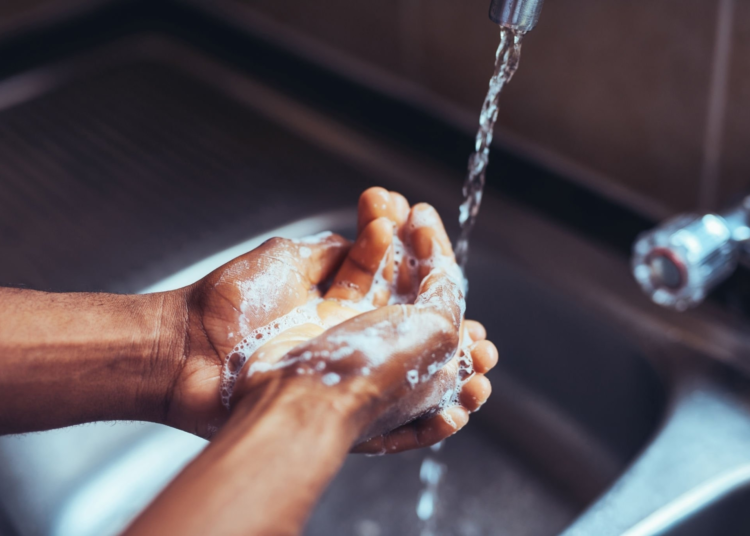As Nigeria joins the rest of the world to commemorate the 2024 Global Handwashing Day, the Ministry of Water Resources and Sanitation has emphasised the critical role of hand hygiene in safeguarding public health.
Global Handwashing Day is celebrated October 15 annually. It is a global advocacy day dedicated to increasing awareness and understanding about the importance of handwashing with soap as an effective and affordable way to prevent diseases and save lives. The theme for this year is “Unite for Universal Hand Hygiene”
This year’s event, themed: “Why Are Clean Hands Still Important?”, underscores the fact that despite progress in awareness, the practice of handwashing with soap and clean water remains vital in preventing the spread of diseases.
According to the American Centre for Disease Control (CDC), handwashing with soap and water is simple and inexpensive, and it can significantly reduce the number of young children who get sick.
“Teaching people about handwashing helps them and their communities stay healthy,” said CDC.
Speaking at a media briefing in Abuja, the minister of water resources and sanitation, Prof. Joseph Utsev, highlighted that handwashing is not just a hygiene practice but a “global health necessity.” It is an affordable, simple, and effective measure to prevent illnesses such as diarrhea, cholera, typhoid, and pneumonia, diseases that frequently burden Nigerian communities.
“Handwashing with soap is a first-line defense against many infectious diseases,” Prof. Utsev stated.
“It’s a life-saving habit that plays a significant role in reducing illness and even mortality, especially among vulnerable groups like children and people with weakened immune systems, he added.
Handwashing has been shown to reduce diarrheal illnesses by up to 40 percent and respiratory infections by over 20 percent, significantly cutting down on school absences and healthcare costs. Beyond disease prevention, handwashing promotes economic growth by allowing children to stay healthy and attend school, and adults to remain productive at work.
However, while awareness of the benefits of handwashing is high, standing at 99 percent according to the 2021 WASH NORM Report, Prof. Utsev expressed concern over the low availability of handwashing facilities in many parts of the country. Access to clean water, soap, and functional washing stations remains a major challenge, particularly in rural areas. This gap in access hinders the full realisation of the benefits of hand hygiene.
The minister called for renewed efforts to meet the Sustainable Development Goal (SDG) Target 6.2, which aims for universal access to adequate handwashing services by 2030. He also acknowledged the contributions of partners such as Reckitt, WaterAid, UNICEF, and others in promoting hand hygiene across Nigeria.
Global Handwashing Day serves as a reminder that handwashing is an essential public health practice that must be maintained even outside of emergency health situations like the COVID-19 pandemic.
Prof. Utsev urged the public, private sectors, and media to continue championing hand hygiene to ensure it becomes a permanent practice.
“Each of us has a role to play,” he said. “Together, we can build a future where every community is equipped with the tools they need to practice hand hygiene and protect themselves from preventable diseases.”
The minister urged all stakeholders to take concrete actions to ensure universal hand hygiene. “Each of us has a role to play in making handwashing a universal practice,” he said.
“Let us strive for a world where every child can grow up with the simple habit of washing their hands with soap, where every healthcare worker has access to hygiene facilities, and where every community can protect itself from preventable diseases,” he added.











